Using bacteria in mosquitoes is an efficient way to fight dengue. This deadly virus has myriad symptoms from nausea to headaches, to organ damage. At least 100 countries have dengue lurking about. This disease is the fastest spreading disease from mosquito bites. With the introduction of the Wolbachia bacteria, getting rid of dengue can be sustainable and safe.
The Effort
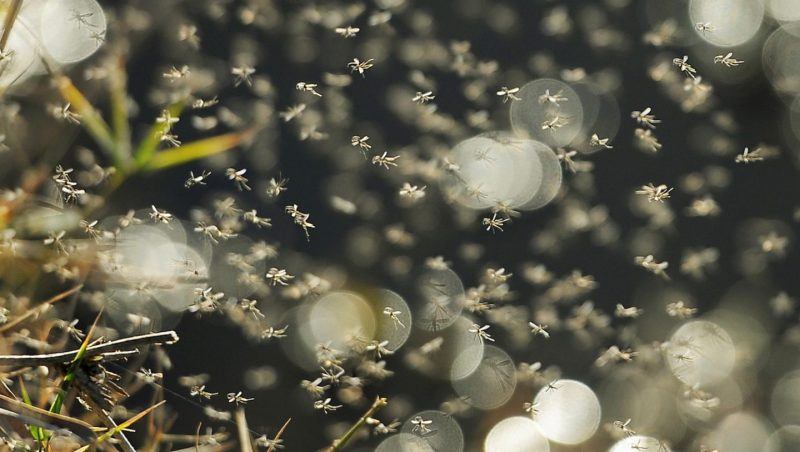
Mosquitoes themselves are now helping scientists defeat this deadly, fast-mobilizing virus. Dengue still has no effective treatment or vaccine, which makes it a losing battle for humans. This disease causes about 400 million infections each year. These infections can lead to serious diseases or even death.
A lab trial in Indonesia resulted in a 77 percent reduction in the cases of dengue fever. This happened after the scientists infected the mosquitoes with a common insect bacteria called Wolbachia. This pathogen lowers the mosquito’s ability to spread out dengue. The bacteria prevent easy replication.
Indonesia is a dengue hotspot. About eight million cases of dengue occur every year. The Wolbachia trial happened in Yogyakarta on the island of Java. The trial mosquitoes hatched from five million eggs that were previously infected with the bacteria. Then, the adult mosquitoes were released across an urban area that houses 300,000 individuals.
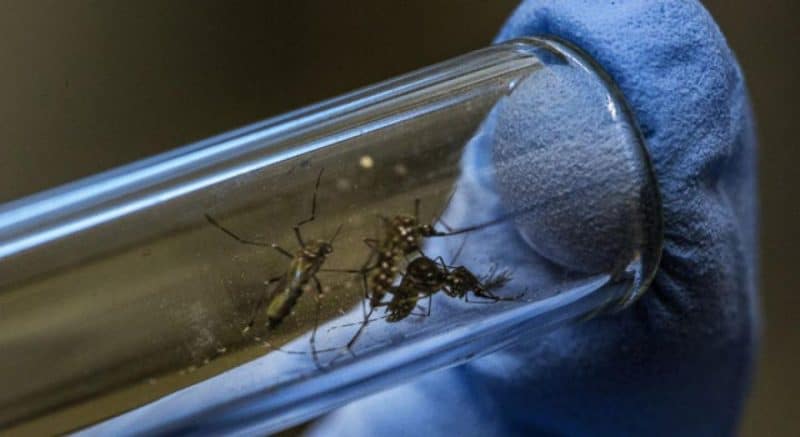
The World Mosquito Program is running in 11 countries. Its aim is to help reduce the impact of all mosquito-borne illnesses. Introducing the Wolbachia bacteria is a sustainable way to eradicate dengue. It is also much safer than using pesticides.
The Effects of Dengue
Upon infection, you will develop nausea, fever, and headache. In more severe cases, patients may experience persistent vomiting and abdominal pain. Dengue may even cause organ dysfunction. Severe dengue is common in many tropical countries. This will need the help of medical professionals.
Despite the ongoing battle against COVID-19, the World Health Organization stressed how important it is to still treat and prevent diseases like dengue. Female mosquitoes transmit this deadly virus to humans. They also spread Zika, yellow fever, and Zika.
The Mosquito Moms
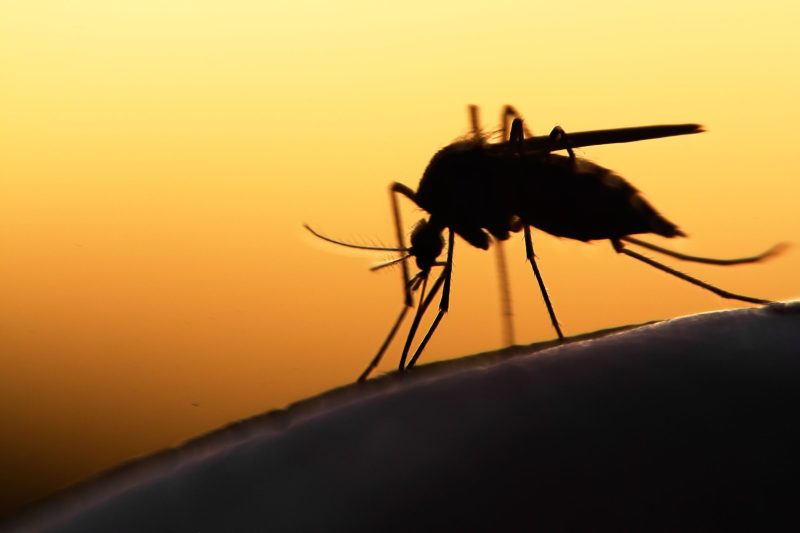
The researchers tested if the pregnant female mosquitoes could place the bacteria in their bodies in the water or substrates. The scientists had the insects land on sterilized food dishes. These mosquitoes transferred from three genera of bacteria—Elizabethkingia, Serratia, and Bacillus. Among these bacteria, Elizabethkingia showed bacterial diversity.
Elizabethkingia was the bacteria in the transmission trials. Scientists discovered that this bacterial population is an indicator species. These bacteria accelerate the development of mosquito larvae. It also shrank the time the larvae needed to develop. The mosquitoes reached adulthood in just 171 hours instead of 180 hours.
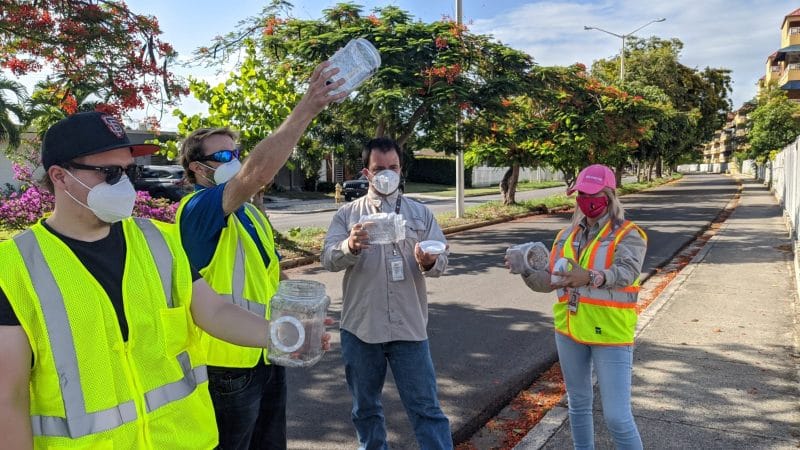
What Wolbachia Does
This bacterial strain is in many species of arthropods. It controls the reproduction of its host. This ensures that it becomes widespread in the entire insect population. The trials showed that once the bacteria compete with the dengue virus for the host’s resources, they will prevent the virus from taking over.
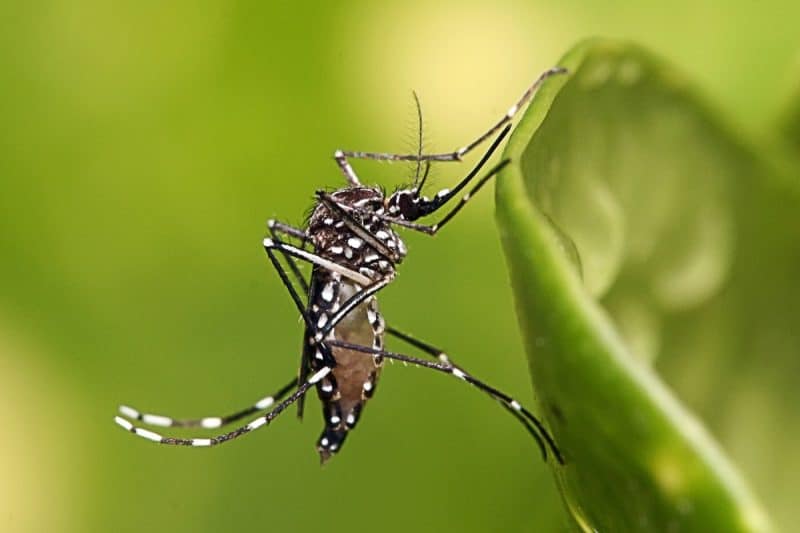
These bacteria are not organic residents in the Aedes aegypti. Scientists tried to introduce Wolbachia to see if it could fight dengue. When the World Mosquito Program released the mosquitoes with Wolbachia in Northern Australia and in other countries, the dengue cases decreased by 96 percent.
Wolbachia can fight off dengue. It will take more labs and more trials to establish this as a global effort but it can work. But again, viruses evolve. They are very good at it. Maybe it will take longer for the dengue virus to figure out how to fight off Wolbachia. By that time, hopefully, the dengue virus will have been controlled or wiped out.